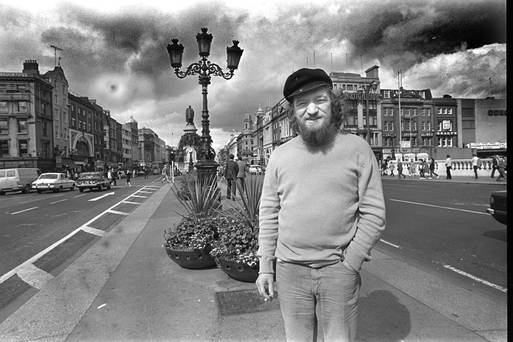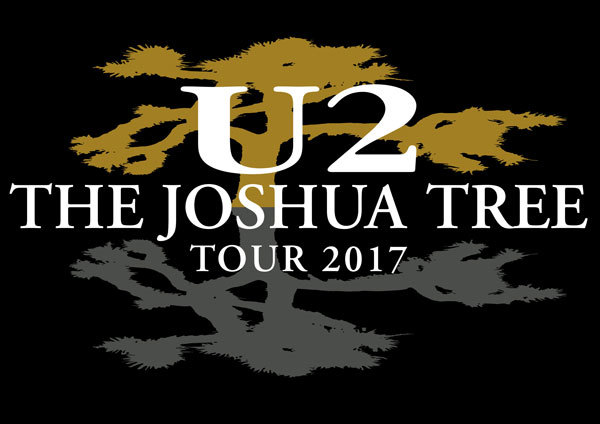I finished watching Get Back. Read my article about the first 30 minutes here.
It’s safe to say this is hands down one of the best documentaries ever. I could not look away. Truly amazing.
In between watching this over the last week I accumulated quite a few articles (from blogs, newspapers, and my RSS feed) that I did not want to read before I finished watching.
But now I have read them all. I’ll share them here, because most of these say what else I would want to say about the tremendous experience that is Get Back.
Links
In no particular order: here are interesting links for further reading paired with key quotes.
- https://adjacentpossible.substack.com/p/learning-from-get-back
Key quote: “There’s something about listening to a song come together that’s almost as pleasing as listening to the finished product” - https://scribe.rip/fluxx-studio-notes/10-lessons-in-productivity-and-brainstorming-from-the-beatles-ea14385e27a4
Key quote: “They never seem to discuss or argue over these changes, they just play it to see if it works.” - https://adactio.com/journal/18666
Key quote: “The revelation for me was really understanding that this was just four lads from Liverpool making music together. And I know I shouldn’t be surprised by that—the Beatles themselves spent years insisting they were just four lads from Liverpool making music together, but, y’know …it’s The Beatles!”
Key quote: “Without the guiding influence of Brian Epstein to tell them what to do and when to do it, they’re adrift. It becomes the Paul McCartney show – simply because he’s the only one who seems to want to produce anything. That, of course, builds up the resentment of the others from being bossed around – but in the absence of a unifying figure, what else could be done?”
- https://news.ycombinator.com/item?id=29480027
Key quote: none specific: read the discussion, interesting observations. - https://www.gawker.com/culture/the-beatles-were-friends
Key quote: “The Beatles were not actually at constant wit’s end, but friendly all along. They bickered a lot, and some of the rehearsals seemed to go nowhere.”
- https://www.washingtonpost.com/arts-entertainment/2021/12/06/beatles-get-back-documentary-songwriters/
Key quote: “Every idea starts somewhere and somehow. There’s going to be a genesis moment for every piece of media we’ve ever seen. The gift we have is that they were filming it. They were rolling.”
Key quote 2: “One of the most instructive moments is how many bad ideas there are that get abandoned. The ability to self-edit and criticize themselves and keep working on something until it’s the thing we all know.”
- https://www.youtube.com/watch?v=nvyTXSYtPmc
No key quote here since it’s a video, really good and fun YouTube analysis of Get Back.
I re-subscribed to the NY Times for the following three stories (the images are clickable links, NYT articles seem to embed rather nicely in WordPress).
Key quote: “Our movie doesn’t show the breaking up of the Beatles,” Jackson said, “but it shows the one singular moment in history that you could possibly say was the beginning of the end. (…)There’s no goodies in it, there’s no baddies,” Jackson said. “There’s no villains, there’s no heroes. It’s just a human story.”
Key quote: “There are many ways to watch Mr. Jackson’s opus — as an intimate glimpse at the dissolution of the greatest rock band of all time; as an epic psychodrama of friendships collapsing; as the settling of the perennial “breakup” debate among hard-core Beatles fans; or as The Guardian put it, as “eight hours of TV so aimless it threatens your sanity.”
Key quote 2: “Even as wine, beer and more flows, the Beatles stay disciplined, working and reworking lyrics and arrangements until they get them right. “To wander aimlessly is very un-swinging,” Mr. McCartney says. “Unhip.” “
This is the strangest take on the doc, and one I don’t think I agree with, but interesting nonetheless.
Key quote: “It’s as if she is staging a marathon performance piece, and in a way, she is.”
Final thoughts
I’m bound to come across more links, and I might update accordingly for posterity reasons.
The only new thought I want to add here is the following.
Songs are what made the Beatles. A long string of unique, genre defining and defying songs. Songs in general are containers of words and sounds that can mean different things to listeners. And often such meanings may be unintended or unplanned by the creator.
The Beatles created their songs, by making music and finding words (how else?). Sometimes inspired by events, but more so it seems because it just sounded right*. They grabbed the muse as it appeared to them through endless repetition and trial and error until they had something that sounded right. That this something had the power to ultimately become something very meaningful to whomever, that is not up to them or even their goal. They just know that something right is a song that might mean something to other people as well, not just them. That is the definition of a great song.
The Beatles tried to make great songs — by endlessly chasing them — but without intent to change the world or someone’s view of the world.
So when someone lays in awe on the bedroom floor from a Beatles song, that has never been a direct aim (how could it). Not even the Beatles could directly chase after this goal to try and reach someone, because it doesn’t work that way. You can only try and make something that sounds right to you and hope it does for other people as well. And what it means to other people might be something different than what it means to you. Everybody applies their own meaning to art.
And this of course goes for most things that people make. Whether it be art or other things people make. There are many things to take away from Get Back, but this is a main one: make something you would want (to listen to) yourself, the rest follows and is mostly not under your control.
*There are plenty of examples where this is not the case, Bon Iver‘s first album comes to mind as well as Arcade Fire’s first album Funeral. Those are examples of inspired music from specific events that translate experienced emotions into words and sounds that vividly try to encapsulate and mimic those emotions. But still, even here the following is true: it might still mean something else to a listener.

